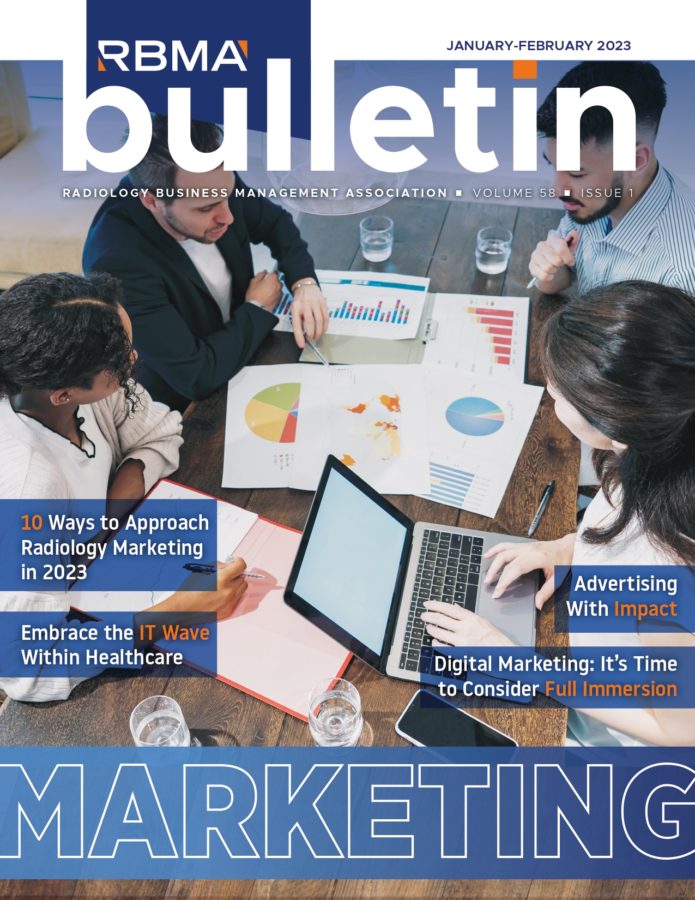With the current financial uncertainty, it can be hard to know what to do when it comes to marketing. Which marketing tactics are best to invest in? Should you conserve your budget or spend money?
Financial Uncertainty and Its Impact on Marketing
When marketing during financial uncertainty, businesses have to make some tough spending decisions. To help them make these decisions, companies need to look closely at their financial situation, identify any areas of uncertainty, and decide how these could impact their marketing efforts. With this analysis in place, contingency plans can be developed. These plans should outline how the company will spend or conserve in the event of an economic downturn.
Navigating a Bumpy Business Landscape
Marketing during financial ups and downs requires a strategy. On the one hand, businesses need to be careful not to cut too many costs, leading to a loss in revenue. On the other hand, companies must continue to invest their marketing budget to reach their target market and grow. Tracking spending and revenue will help pinpoint areas where costs can be cut and where growth potential exists. Watching how other companies inside and outside your industry manage these decisions will help solidify your marketing strategy and avoid costly mistakes.
5 Tips for Making Budget Decisions
Here are some tips to consider when deciding whether to invest or cut costs:
1. Know your audience. Who are you trying to reach with your marketing efforts? Make sure you understand their needs and how they make purchasing decisions.
2. Consider your goals. What do you hope to achieve with your marketing budget? Make sure your goals are realistic and achievable, given the current economic conditions.
3. Prioritize spending. Not all marketing activities are created equal. Determine which activities will most impact reaching your target audience and achieving your goals, and invest accordingly.
4. Be flexible. The economy is ever-changing, so be prepared to adjust your marketing strategy as needed. Keep an eye on industry trends and be ready to pivot when necessary.
5. Have a plan B (and C). A backup plan (or two) can help you weather any unexpected bumps in the road. If something doesn’t work out as planned, you’ll be prepared with an alternate course of action
Track ROI and Maximize Profits
The best marketing channels to choose during an uncertain market are those that have a high ROI. For example, if email marketing has a higher ROI than social media for your business, focus your budget on email marketing. Continuously test different creative elements and messaging to see what performs best. A/B testing is a great way to do this and prevents audience fatigue when they are repeatedly served the same message.
Choosing Digital Marketing During Financial Uncertainty
Digital marketing provides several benefits that can be extremely helpful during economic uncertainty. For starters, digital marketing is very cost-effective. It allows businesses to reach a large audience without breaking the bank and is highly measurable. This means that companies can track their return on investment (ROI) and make adjustments as needed. Because digital marketing is also incredibly flexible, companies can quickly adapt their strategies and budgets as circumstances change.
More Solid Tactics to Consider
Choose these tried and true tactics to emerge stronger on the other side of financial uncertainty.
1. Content marketing. Producing high-quality content can help you attract and retain customers. It can also help you build trust with your audience and position yourself as an authority in your industry.
2. Social media marketing. Maintaining a strong social media presence can help you reach new customers and stay top of mind with existing ones. Just make sure you’re creating quality content that resonates with your audience.
3. Search engine optimization (SEO). Investing in SEO can help you ensure that your website appears at the top of search engine results pages (SERPs), making it more likely that people will find and visit your site.
4. Pay-per-click (PPC) advertising. PPC ads can effectively reach potential customers searching for products or services like yours online.
5. Email marketing. Email is still one of the most effective ways to reach and engage customers. And, since people are spending more time than ever online right now, there’s a good chance they’ll see your message.
Want to read on the go? Download the PDF from RBMA by clicking HERE.
